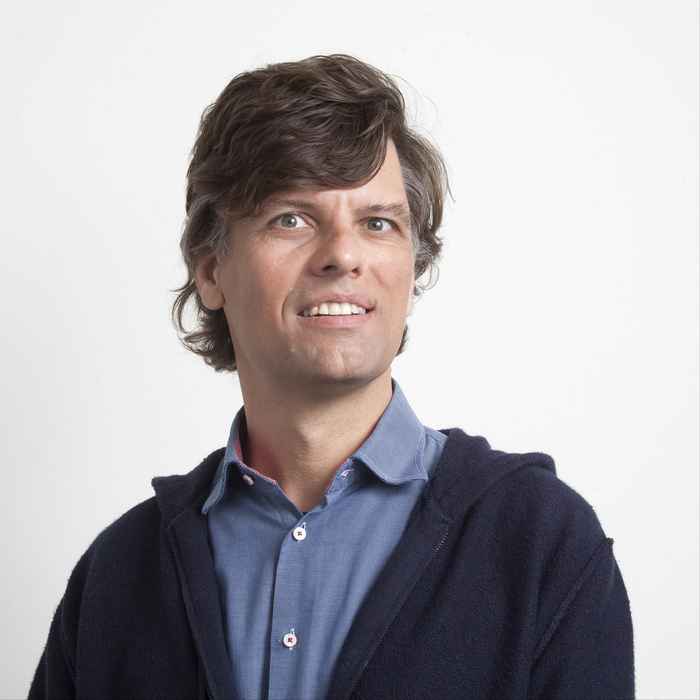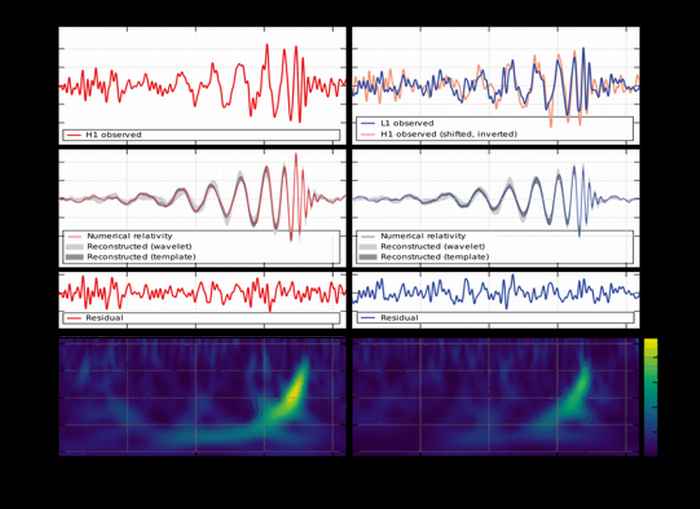AI4Science Lab sets out to take scientific data analysis to the next level
Joint Faculty of Science initiative kicks off with virtual workshop on Wednesday 8 July
29 June 2020

Established in 2019 at the Faculty of Science, the AI4Science Lab aims to solve scientific data problems with modern machine learning approaches. It sets out to discover patterns in data streams from experiments in a wide variety of scientific fields, ranging from ecology to molecular biology and from chemistry to astrophysics. The lab is a joint initiative of the institutes for astronomy (API), biology (IBED), chemistry (HIMS), informatics (IvI), life sciences (SILS) and physics (IoP), and it is connected to AMLAB, the Amsterdam Machine Learning Lab.
A wealth of data
Housed at the Informatics Institute (IvI), Dr Patrick Forré manages the lab on a day-to-day basis. Scientific director is Dr Bernd Ensing, associate professor of molecular simulation of materials and chemistry at the Van 't Hoff Institute for Molecular Sciences (HIMS).

Five PhD projects
To pursue this, the Lab has appointed five PhD students from different educational backgrounds on a range of interdisciplinary topics. Some of the students have a clear AI profile, while others are rooted in the traditional scientific disciplines.

All of them will develop and apply modern AI and Machine Learning techniques to tackle problems from completely different fields: predicting bird migration from radio data (Fiona Lippert, IBED), enhancing chemical discovery procedures (Jim Boelrijk, HIMS), interpreting signals from gravitational waves (Benjamin Miller, IoP), classifying space radio phenomena (David Ruhe, API) and unravelling causal relations in gene regulation networks (Teodora Pandeva, SILS).
Present your poster during the virtual kick-off
At the virtual kick-off symposium on Wednesday 8 July, all five PhD students of the AI4Science Lab will briefly highlight the current state-of-the-art and their future perspective on using AI in their respective scientific domains. Adding to this, several invited speakers will talk about intriguing scientific challenges of combining artificial intelligence techniques with working at the forefronts of scientific fields such as systems biology, particle physics, molecular modelling, and astrophysics. Registration is free for everyone with an interest in current developments in artificial intelligence for the natural sciences. Ensing invites all FNWI scientists wondering how machine learning could help their research to present a poster with their work and seize the opportunity for discussions with computer scientists.